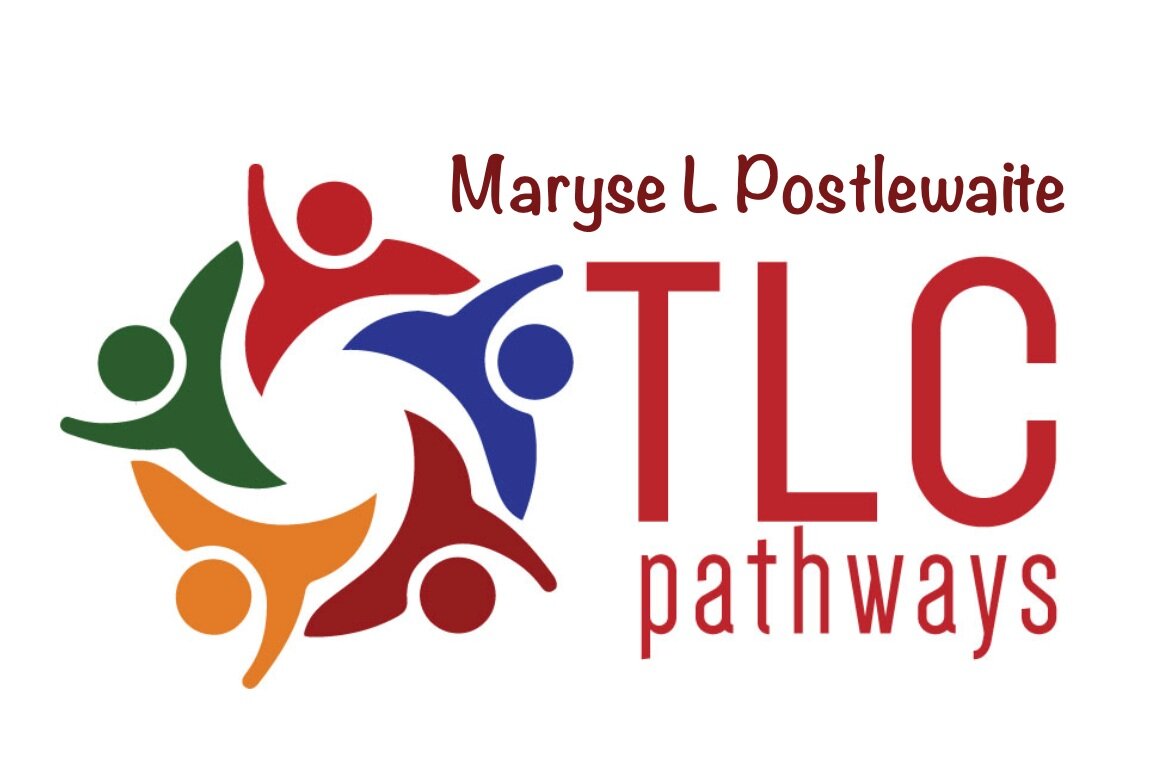An Authentic Apology
Forgiveness is a Gift
How does it feel to receive a sincere apology? For me, the integrity of the relationship is restored, trust is re-established, and a meaningful connection is deepened. So why can apologies be difficult to express or why may they be ineffective? A person may fear being vulnerable, not wanting to be blamed, or avoiding an embarrassing situation. Another potential obstacle may be how we were raised to give an apology.
Maybe you’ve heard adults say to a young child, “Say, you're sorry”. Is this successful? Coerced apologies usually fail to convey authenticity. For those of us working with children, we have the opportunity to demonstrate the components of an authentic apology. The following points are keys for the young and old.
Share an apology once you are ready to express remorse.
State your wrongdoing, taking responsibility.
Offer to right the wrong, making mutually accepted agreements.
Make a commitment to not repeat the misconduct.
In a recent workshop with elementary children, I was asked how to best give an apology. A key is to recognize and express the misdeed. Essential words are: “I’m sorry for…” It’s crucial that a person clearly identify [for what it is specifically] they are apologetic.
Refrain from using a “but” as this retracts taking responsibility for the misconduct and can put the blame on someone or something else.
Sincere apologies have many benefits. There is opportunity for restitution, making deeper connections, boosting confidence, strengthening credibility, and nurturing compassionate relationships. An authentic apology is an essential element of conflict resolution.
Send an Email: pathways2tlc@gmail.com to set up a workshop.
Connect with Facebook: @tlcpathways
Instagram: maryse_tlcpathways or LinkedIn: Maryse L Postlewaite


